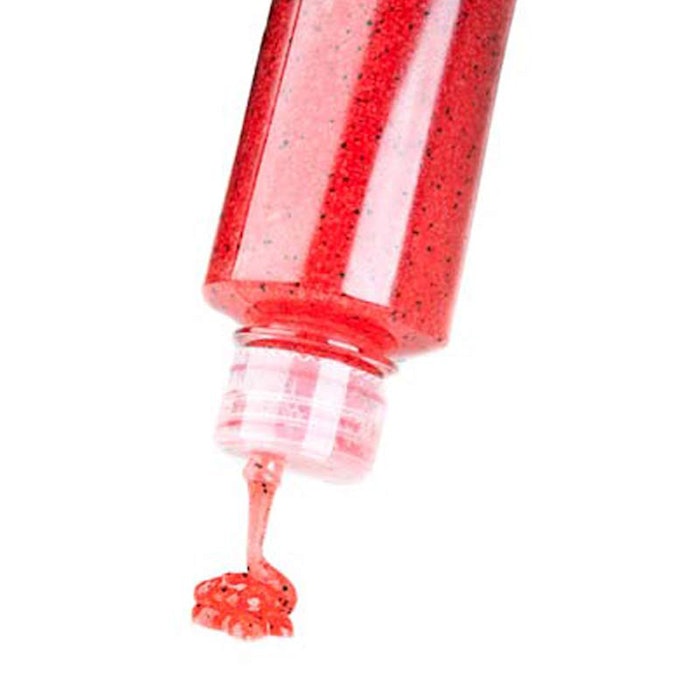
Following information gathered from a mandatory survey, Canada has officially named microbeads a toxic substance under the Environmental Protection Act as a final order, which will allow the government to ban the plastic micro-particles used in personal care and beauty products.
On a global scale, the Netherlands was one of the first EU countries to draw attention to the plastic microbeads environmental issue, and it has already banned the use of microbeads across the country, with other countries like Australia poised to follow. The U.S. enacted a law last year to phase out the use of microbeads starting in 2017.
Microbeads Slated to Be Nixed in 2017
Now, Canada is poised to be next. According to an official notice, the government is proposing prohibiting the manufacture and import of personal care products by the end of 2017, and a ban on the sale by the end of 2018. According to Canada, the plastic microbeads of concern are solid plastic particles that are less than or equal to 5 mm (in the largest external dimension).
Due to their physical and chemical properties, it is believed that plastic microbeads may slip through wastewater treatment plants and end up in rivers, lakes, seas and oceans. Based on scientific review, it was concluded that plastic microbeads met the environmental criterion under paragraph 64(a) of Canada Environmental Protection Act (CEPA).
The Industry's Phase-out Pledge
According to Canadian officials, producers of personal care products containing plastic microbeads have pledged to phase out the use of plastic microbeads in the next few years. Of the 14 members of the Canadian Cosmetic, Toiletry, and Fragrance Association (CCTFA) that responded to a voluntary survey of companies having previously used or using microbeads in 2015, five had already eliminated the use of plastic microbeads and nine had committed to do the same by 2018 or 2019.
On a global scale, a number of companies have already eliminated or have announced plans to eliminate plastic microbeads from their products such as Unilever, Procter & Gamble, Johnson & Johnson, Beiersdorf, Colgate-Palmolive and L'Oréal. Read more about microbeads and legislation in other regions, like the U.S., here.










